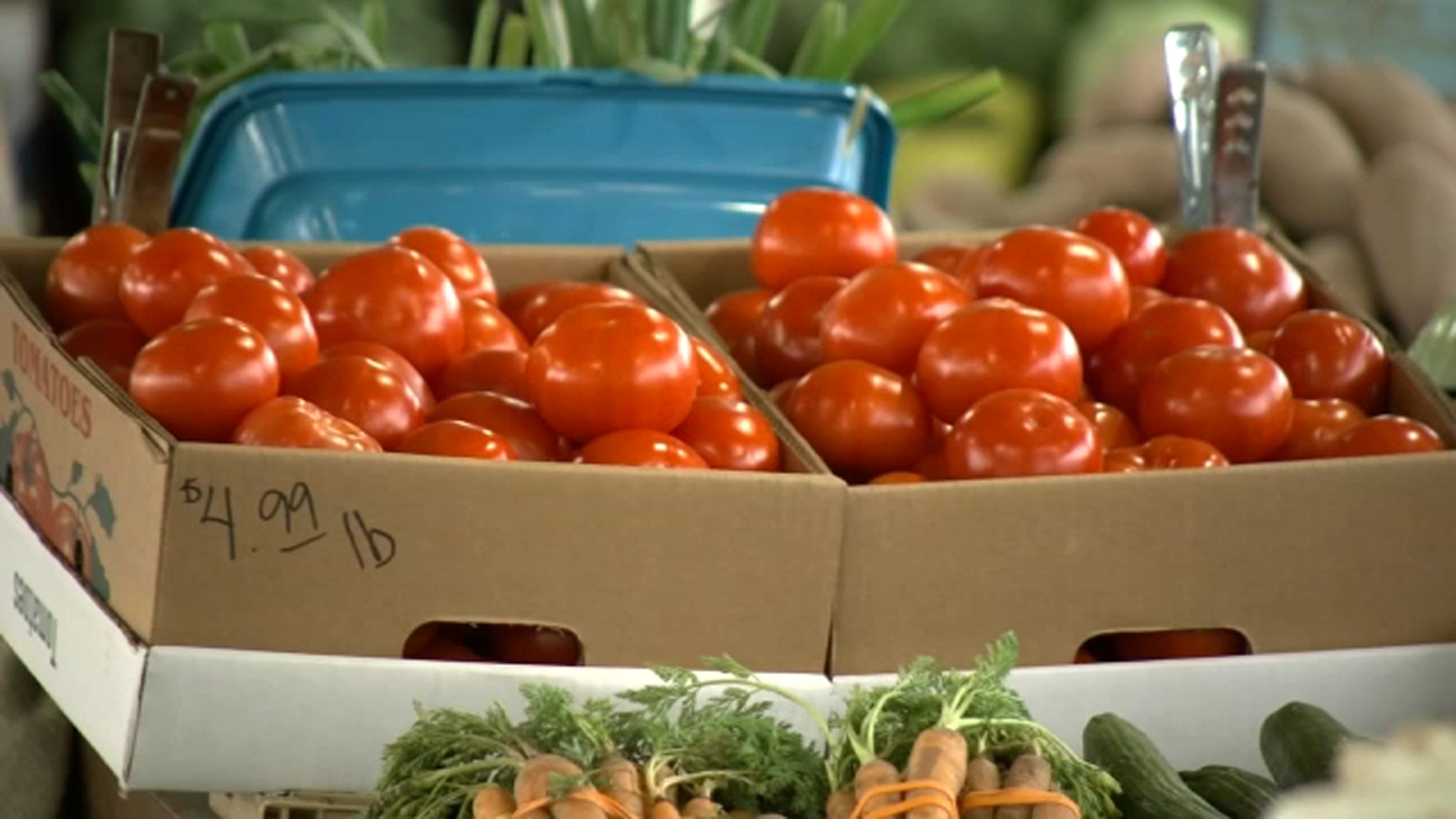Poll chaplains: 'Calming peacekeepers,' to help voters at Election Day sites

RALEIGH, N.C. (WTVD) -- For Paul Decorte, the stakes are "probably similar," when comparing this year's midterm elections to the 2020 election.
"We're not voting for president, but stakes are still the same," Decorte said.
The last election giving one group a sense of where faith leaders should be at voting sites to serve as "poll chaplains," according to Dr. Barbara Williams-Skinner, the coordinator at the Faiths United to Save Democracy.
"After the 2020 election, you had 49 states proposing 440 anti-voting laws," Williams-Skinner said. "That's the atmosphere that was created."
She added the Lawyers' Committee for Civil Rights received hundreds of thousands of complaints on their Election Protection Hotline that were critical.
"Some very critical that had to be de-escalated at the level of the Secretary of State," Williams-Skinner said. "Such as a poll site that opened late, or one that closed early when people were on their way from work because they had hourly jobs and they couldn't get off work."
The data helped the group figure out how to deploy 800 poll chaplains in the U.S., or what Williams-Skinner calls "calming peacekeepers," who want to help protect vulnerable voters.
"Those polling sites had at least a 40% Black and Brown citizenship, or they were low-income residents," Williams-Skinner said. "Low-income people were the ones who were mostly targeted by voter suppression."
Vote 2022 Voter Guide: What you need to know before voting on Midterm Election Day
The population that's usually vulnerable are older people or those with disabilities, according to Williams-Skinner.
"I think people who, let's say are returning citizens who are unclear whether or not they have their rights restored," Williams-Skinner said. "Students who are not sure whether they vote at home, or at their school. Veterans, or military people who are not sure their voting location. I think Black and Brown and Asian and Native people have the same issues. Their communities are targeted."
From translating, to connecting voters with lawyers, poll chaplains are more than just a moral presence in what can be a very hostile and often conflict-ridden situation, according to Williams-Skinner.
"We are nonviolent peacekeepers and peacemakers," Williams-Skinner said. "So we did de-escalation training so people would know how to calmly de-escalate potentially very complex situations. By the way, they spoke to people, offer to pray with somebody who feels unheard, putting space between people, asking the voter if they want assistance, you know, really respecting people."
The "calming peacekeepers," are prepared to be on the ground on Election Day amid growing concerns of political violence nationwide.
"I think the climate has really gotten untenable," Durham resident Yousef Zafar said. "I think it's important for us to understand that it's important for everybody to have their voice and not be afraid to vote or to participate in the political process because of the threat of violence."
How to report voter intimidation
- Call the Election Protection Hotline: 1-866-687-8683 or 1-888-VE-Y-VOTA (en Español)
- Report to your local county election officials, including poll workers; your county clerk, elections commissioner, elections supervisor; or your state board of elections. See NC rules here.
- The U.S. Department of Justice Voting Rights Hotline: 800-253-3931; TTY line 877-267-8971
The Faiths United to Save Democracy campaign is focused in ten states, including North Carolina.
More election stories
Here's how early voting is going in first 6 days in Wake County
5 things every NC voter should know before casting their ballot
You can register and vote at one-stop early voting in North Carolina
Election terms and history every voter should know for midterm election 2022







